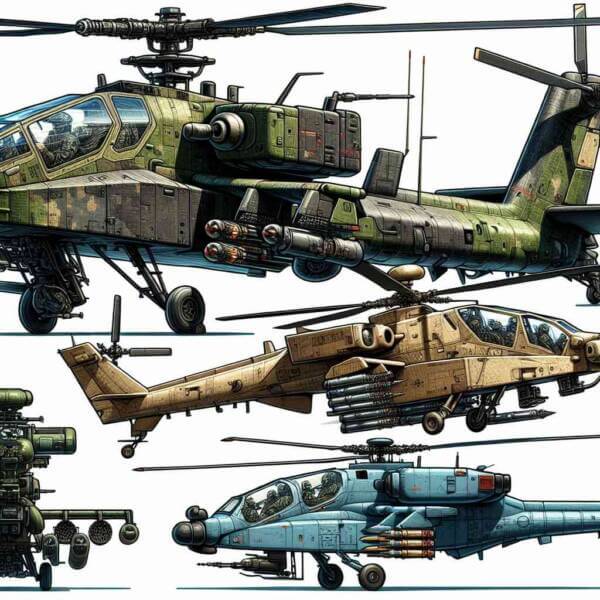Complete Guide About Military Aviation
Complete Guide About Military Aviation
Blog Article

Military aviation is a critical pillar of modern defense strategies around the world.
Today, military aviation encompasses a wide range of aircraft types, from fighter jets and bombers to surveillance drones and transport planes.
The Evolution of Military Aviation
As technology advanced, airplanes were adapted for offensive operations, changing the nature of warfare forever.
Major milestones in military aviation history include:
- Development of air combat tactics
- Massive growth in air power
- The Cold War era
- Remote operations changing the face of conflict
Each era brought innovative strategies that expanded aerial warfare.
Main Categories of Military Aviation
Military aviation includes a variety of aircraft, each designed for specific missions.
Major aircraft classifications:
- Fighter jets
- Planes that deliver heavy payloads
- Transport aircraft
- Unmanned aircraft for intelligence gathering
Each type plays a vital role in military operations, from securing airspace.
Why Control of the Skies Matters
Controlling the skies gives forces the advantage.
How controlling the air impacts battles:
- Providing close air support
- Cutting off enemy resources
- Early warning and real-time data
- Psychological impact on enemy forces
Nations with strong military aviation capabilities can shape outcomes.
Technological Innovations in Military Aviation
Constant research and development redefine capabilities for future warfare.
Future technologies in military aviation:
- Low-visibility planes
- Ultra-fast strike capabilities
- Artificial intelligence-driven missions
- New forms of aerial weaponry
These advancements enhance lethality for air forces worldwide.
Obstacles Facing the Industry
From high costs to geopolitical tensions, the road to air dominance is never simple.
Pressing issues in military aviation:
- Expensive research and operations
- Rapid technological changes
- Protecting systems from hacking and sabotage
- Ethical concerns with autonomous weapons
Addressing these challenges is essential for maintaining air power.
Where Military Aviation is Heading
Nations will continue investing in space-based systems to check here maintain strategic advantages.
Future trends may include:
- Smarter decision-making systems
- Defending assets beyond Earth
- Developing sustainable aviation technology
- Collaborations across allied air forces
The next era of military aviation will redefine defense.
The Enduring Power of Military Air Forces
Its history, present achievements, and future possibilities highlight human ingenuity.
As technology continues to evolve, the skies will remain a frontline of innovation where military aviation shapes the world order.
The future of military aviation is limitless — and it’s only just beginning. Report this page